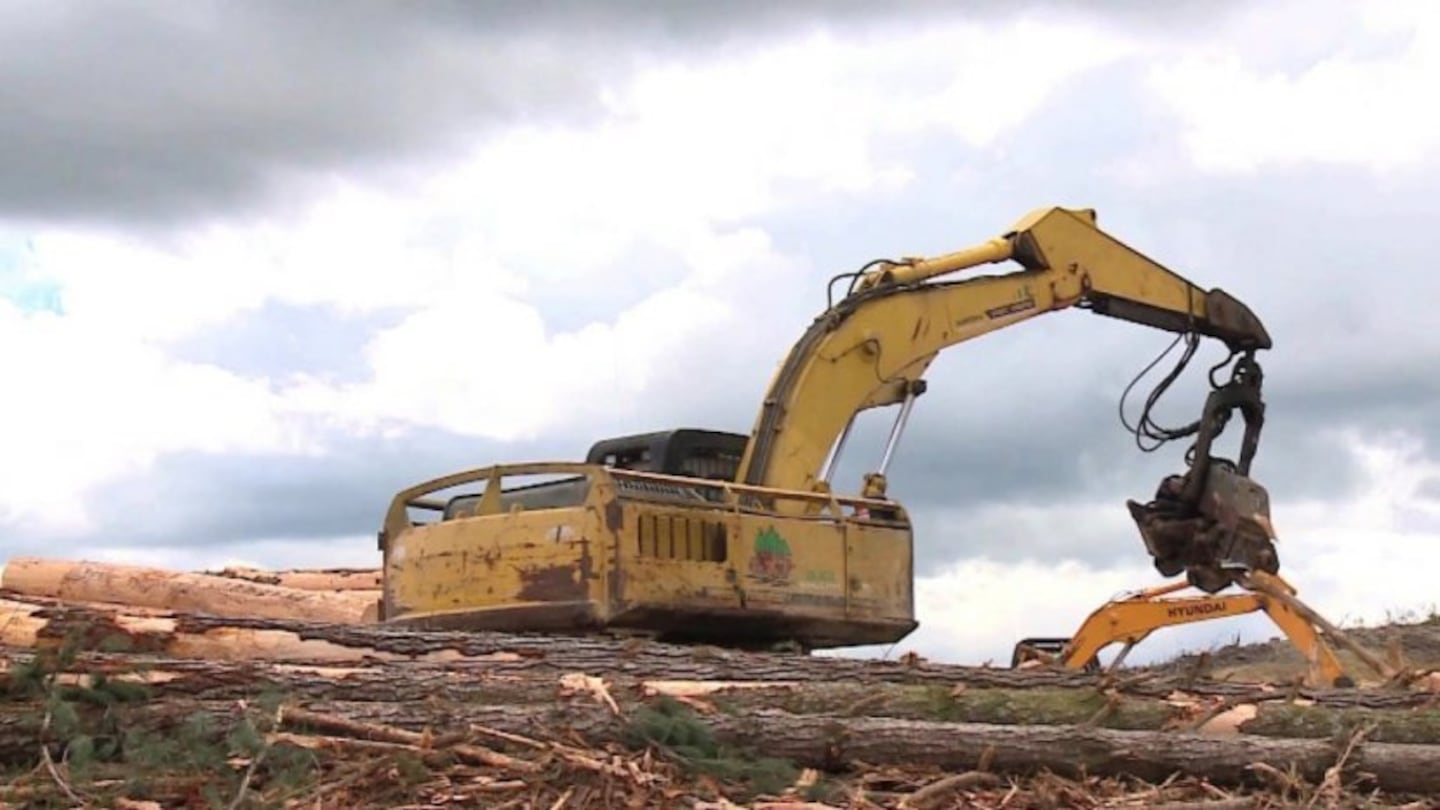Māori forest owners and the government are still at loggerheads over climate change plans.
Climate Change Minister James Shaw is determined to exclude exotic trees from the Emissions Trading Scheme, which estimates say could cost iwi billions of dollars. Many iwi who have had settlements ended up with pine plantations on poorer-quality land.
Now Māori forestry leaders have established a working group to relay directly to the government how to tackle climate change without disproportionately penalising Māori, by creating an indigenous-led model for permanent transitional forest management that combines science with mātauranga Māori and forestry expertise.
Te Taumata (Māori Forestry Landowners) chair Chris Karamea Insley (Te Whānau-ā-Apanui, Ngāti Porou) says the estimated $16 billion at stake means damage to Māori, regional and national economies.
“That’s the fundamental issue that the government was set to introduce, law ruling out that option. The cost to Māori in New Zealand is enormous.”
The government has wanted more indigenous plants at the expense of fast-growing exotic plants. Although Māori may be committing to have natives over exotics too, Insley says exotics being ruled out from the ETS has been met with a resounding no from iwi for one reason.
Māori forestry group has their say for economies and people.
Landowners should decide
“The only people who can decide on what we are going to do on our land is our landowners. It’s not for government to legislate those rights away. So hopefully that tries to clarify the point – Māori are absolutely committed to indigenous forests on our land.”
The late Sir Toby Curtis called a conversation between Māori forestry leaders and government ministers, including Forestry Minister Stuart Nash, about the issue in June. Insley says there was a practical way found “to move forward” through transitional forestry.
“It was how to plant the fast-moving exotics as an initial nursery crop. Then, over time, which might be over the next 50 to 100 years, we allow those forests to naturally transition to indigenous forests.”
Although Insley says the practice has support from scientific research collected over the last four decades, the government still continues to stonewall on progress.
“In the end, Māori have decided this is far too important an issue to play political games, and we have convened and funded our own group to undertake this work for the benefit of Māori.
“This world-class group of technical specialists will help inform forestry practice for generations to come. All Aotearoa will benefit from their work but Māori, in particular, have much to gain from this kaupapa – and a great deal at stake if we do not act.”


